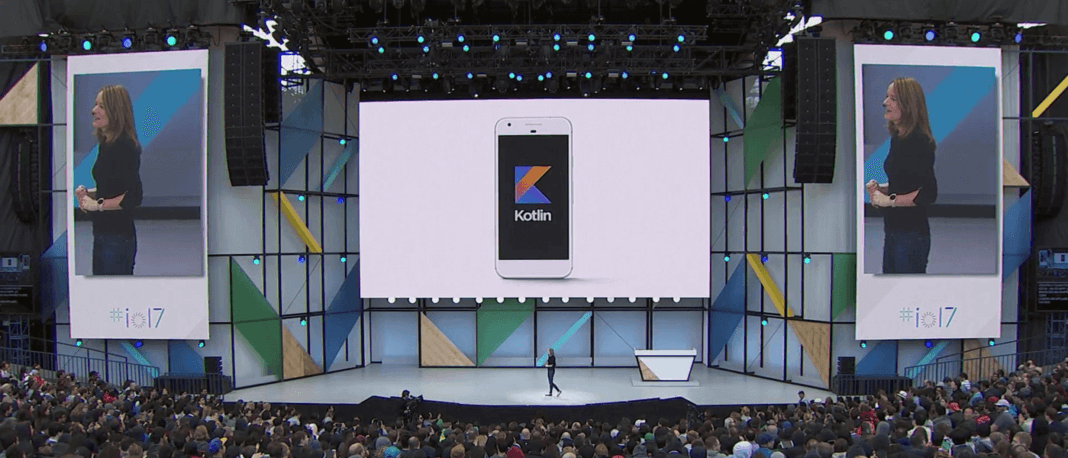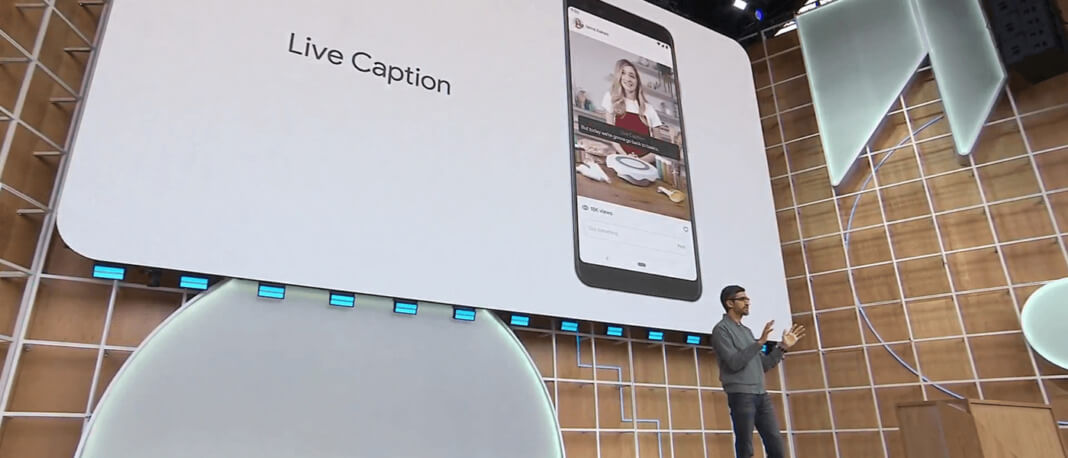At the Google I/O developer conference, the tech giant announced that Android development would become increasingly ‘Kotlin-first,’ as the company doubles down on its support of the Kotlin language for Android mobile development.
Kotlin, the JVM-based alternative to Java, is a cross-platform, statically typed, general-purpose programming language with type inference. It is designed to inter-operate fully with Java, and the type inference allows its syntax to be more concise.
“Many new Jetpack APIs and features will be offered first in Kotlin. If you’re starting a new project, you should write it in Kotlin; code written in Kotlin often mean much less code for you–less code to type, test, and maintain.”
Google
It was only two years ago that Google announced its support for Kotlin in its Android Studio IDE at I/O 2017. This news came as a surprise, given that Java had long dominated Android app development.
In the past two years, Kotlin’s popularity has grown with more than 50% of professional Android developers now using the language to develop their apps, and in the latest Stack Overflow developer survey, Kotlin is ranked as the fourth-most loved programming language.
But Google also confirmed that Google still supports the use of Java and C++ for Android development.
The company also announced ten new libraries for Android Jetpack, a set of components, tools, and guidance built to accelerate app development. The company also introduced Jetpack Compose, a new unbundled Kotlin toolkit.





